
Celebrated over nine auspicious days, the Hindu festival of Navratri is a time of devotion, prayer and fasting. Devotees observe a fast during Navratri to seek blessings from Goddess Durga and purify their souls. As the festival approaches October 15 this year, it is important to understand what to eat and what to avoid during this time of self-discipline and respect. In this blog, we will learn about the rules of Navratri fasting and give guidance on how to maintain a balanced diet and follow the holy fast at home.
Navratri Fasting Rules
Navratri fasting involves strict dietary restrictions and devotees observe various rules and traditions during its nine days. While rules may vary from region to region, some general guidelines include:
1. No onion and garlic: Many people abstain from onion and garlic during the Navratri fast because they are considered tamasic in nature (foods that cause lethargy).
Advertisement
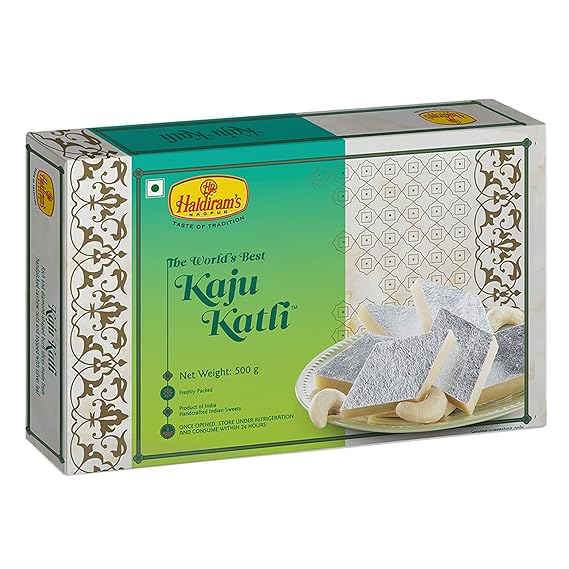
2. Grains and Lentils: Owners generally avoid grains and lentils and opt for ingredients like singhare ka atta (water chestnut flour) and kuttu ka atta (polishing flour).
3. Days of Fasting: Some fast for all the nine days, while others fast on certain days like the first and last day of Navratri. The choice varies according to personal preferences and traditions.
What to Eat
1. Fruits: Fruits form an important part of the Navratri fast. Fresh fruits such as bananas, apples and pomegranates provide essential nutrients and natural sugars to help energize you.
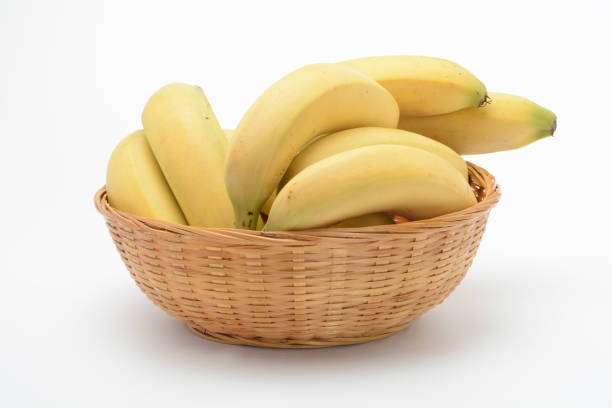
2. Dairy products: Dairy products like yogurt, milk and paneer are commonly consumed during the Navratri fast. They are good sources of protein and calcium.
3. Nuts: Almonds, walnuts, and cashews are great choices for snacks while fasting because they provide healthy fats and protein.
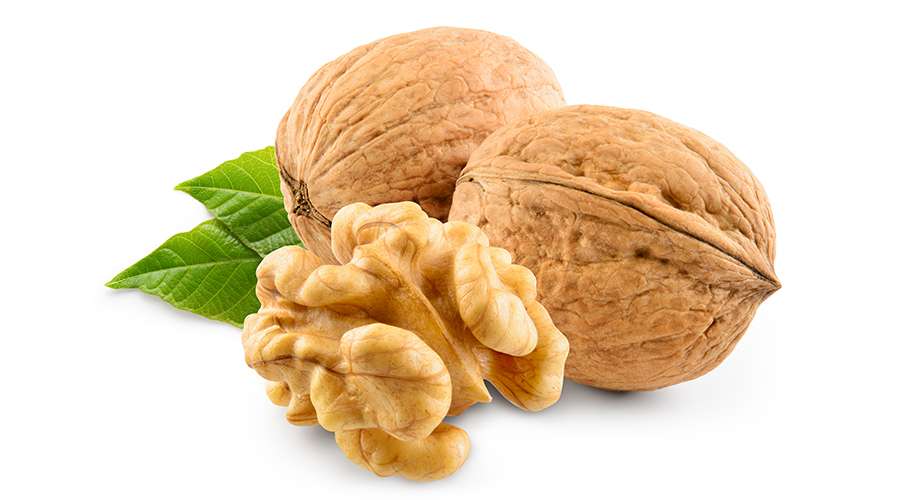
4. Vegetables: Vegetables like sweet potatoes and pumpkin can be added to your fasting diet. They are not only nutritious, but nutritious.
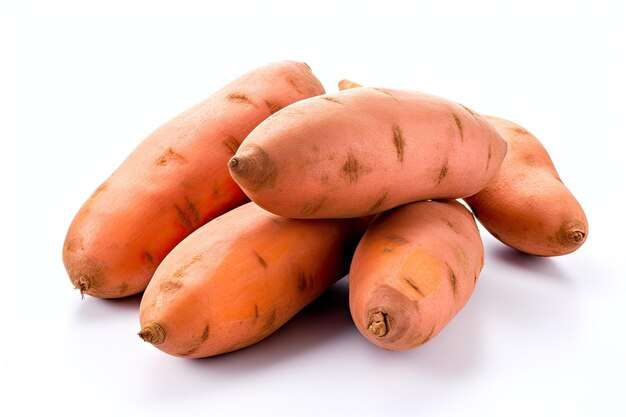
5. Flour: As mentioned earlier, fasting recipes usually use water chestnut and beech flour. You can use this flour to make paranthi, puri and other dishes.
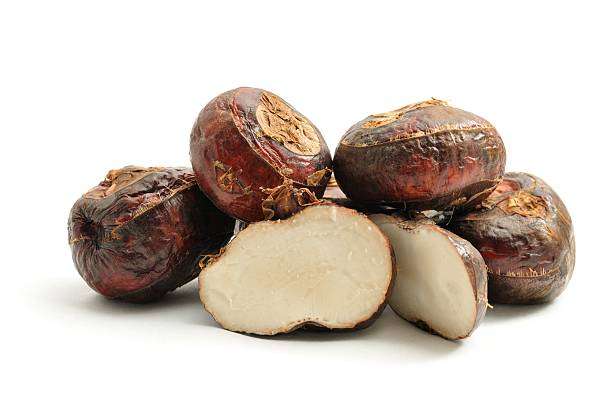
What to avoid
1. Cereals and Lentils: Cereals and lentils like rice, wheat and dal should be strictly avoided during the Navratri fast.
2. Non-vegetarian food: Non-vegetarian food is strictly prohibited during Navratri fast. The owners follow a vegetarian diet.
3. Onions and garlic: to preserve the sanctity of the ritual, do not use onions and garlic in food.
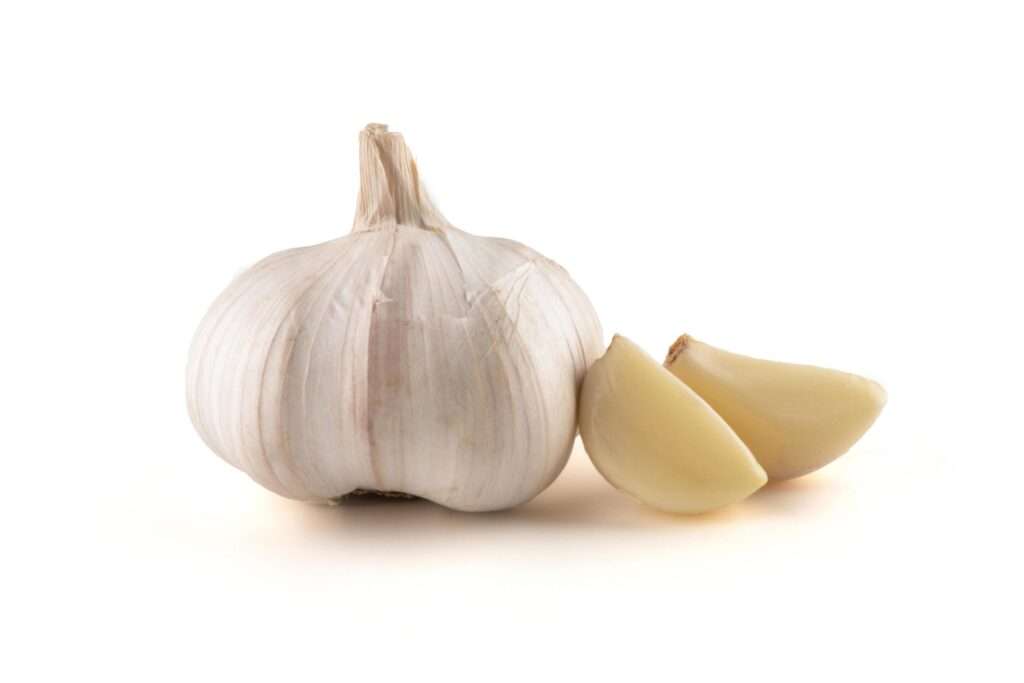
4. Processed Foods: Processed and packaged foods should be avoided as they may contain ingredients that do not comply with fasting rules.

5. Too much Oil and Salt: Use as little oil and salt as possible while cooking to maintain the purity of fasting.Prasad and household rituals.
Offering prasad to the goddess is an integral part of the Navratri fast. Devotees prepare special food like prasadina and it is offered to the gods before the family eats. Popular prasads include kala chana (black chickpeas), kheer (rice pudding) and potato dishes. It is also customary to light a lamp at home and perform an evening aarti (ritual) during Navratri. Families gather to sing devotional songs and seek blessings from Goddess Durga.
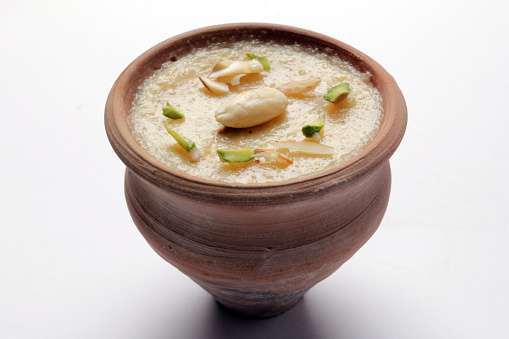
Conclusion
Navratri fasting is a time of self-discipline, devotion and spiritual reflection. By following the prescribed rules and guidelines for what to eat and what to avoid, you can ensure that your fast is both fulfilling and in keeping with sacred traditions. Remember to participate in these rituals with a pure heart and mind and may the blessings of Goddess Durga be with you during these auspicious nine days.
